Our mission is to turn protected areas into a source of pride for all Brazilians.
We believe that natural and urban parks can be a source of wealth for the country, contributing to the creation of job and recreational opportunities, and to generating income and promoting the well -being of the population. Different models of public-private partnerships may help turn this potential into reality by investing in new management resources and tools, offering quality services to society, and ensuring that parks are a means of social and cultural development. Partnerships should also offer incentives to attract visitors and consequently raise the population’s awareness about the importance of park conservation.
We support governments in the design and implementation of partnerships in parks. We serve as a think tank that collects, organizes and discloses specific and relevant knowledge, and we facilitate the interactions between the public and private sectors. We seek to strengthen our presence among our collaborators to leverage complementary potentials and enhance the impact of our actions, while also contributing for society's understanding of the potential of partnerships, and of parks in general.
In 2017, we have achieved the targets envisaged for our agenda. In that year, partnerships for park management gained scale and were consolidated as a feasible alternative to promoting biodiversity conservation, people's health, wellbeing and leisure activities. We have also seen real engagement by politicians and social leaders who favor the development and use of sustainable and innovative models for managing these spaces.
We note with satisfaction and optimism that the number of governments willing to develop concession programs and partnerships in parks has increased. Symbolic spaces such as the Ibirapuera Park in São Paulo were targeted by initiatives looking for better management alternatives through partnerships with the private sector. ICMBio, the city of Porto Alegre, the state of São Paulo and several other Brazilian state governments are following suit.
Our figures indicate that over 50 natural and urban parks are now operating under some kind of private-public partnership, at different development stages, and at federal, state and local levels. We are proud to be part of this history, providing technical support for governments to implement more and better partnership programs, increasing the benefits for the environment and society, and contributing to improving public accounts in this time of severe fiscal crisis. But our optimism reaches beyond the public sphere.
Our agenda has clearly aroused the interest of several sectors in society. This cause has been getting increased attention from important media outlets and discussion forums. It is important to foster this debate not only to increase the agenda's visibility but especially to capture the different views of the many actors involved, who can enjoy the extra benefits gained by the partnerships in parks.
After all, it cannot be denied that parks serve as development vectors and mechanisms that can drive job creation, raise income, promote health, support local culture, and increase the number of public spaces for social interaction and outdoor sports.
In this context, and in order to continue advancing this agenda, Semeia has sought to strengthen its structure, focusing on the big challenges that lie ahead. We believe that engaging in open dialogue with the government and expanding supporting tools to state governments are essential for designing sustainable projects, consistent with the interests of society and of biodiversity conservation.
We also notice there is room for further explanation of the agenda's benefits, risks, and opportunities for society. In this sense, we believe it is important to promote an open and transparent dialogue, to gauge the perceptions the population has on the parks and partnership programs, and to monitor the quality and outcomes achieved by projects favored by state governments.
Finally, we also believe in the power of networking through coordinated action between the many institutions involved with this topic, leveraging their complementary potentials to cause a greater impact than by acting alone.
The reality is that the more people can visit well-maintained parks and understand their importance in their lives, the more these spaces are appreciated and therefore preserved. We work for a future where every Brazilian will carry a park in their hearts. Join us!
Executive Director
Fernando Pieroni
We believe that public‐private partnerships are a feasible option for Brazilians to have access to wellmaintained and visitor‐friendly parks that can contribute to the country's socioeconomic development.
We assist governments at the federal, state, and local levels in planning and implementing partnership programs in parks, seeking to actively collaborate to the creation of an adequate legal and institutional environment to meet the basic needs for the success of these initiatives. There are now more than 50 parks — natural and urban — taking part in these kinds of projects.
More than
than 50 parks include
in partnership programs.
More than
10 governments com
participating in partnership programs (at various levels of government.
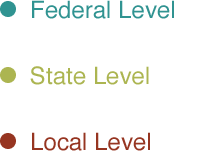
That is the reason why since 2011 Semeia has granted scholarships for the courses offered by the Colorado State University (CSU), a benchmark in Planning and Managing Tourism in Protected Areas.
In 2017, the scholarship for the International Mobile Seminar on Planning and Managing Tourism in Protected Areas was granted to Cristiano Araujo Borges, the Coordinator‐General of Tourism Products of the Ministry of Tourism, who has been working to increase visitation in conservation units since 2014 through partnerships between the Ministry of the Environment and the Chico Mendes Institute for Biodiversity Conservation (ICMBio).
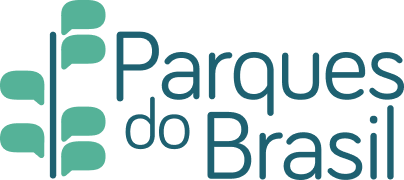

Semeia believes that parks can be a source of wealth for Brazil, contributing to the socio‐economic development and more effective biodiversity conservation. To fulfill this purpose, we base our work on mapping and sharing best practices and lessons learned from successful, local and international experiences. The Brazilian Parks Event is where all these ideas and success cases converge.
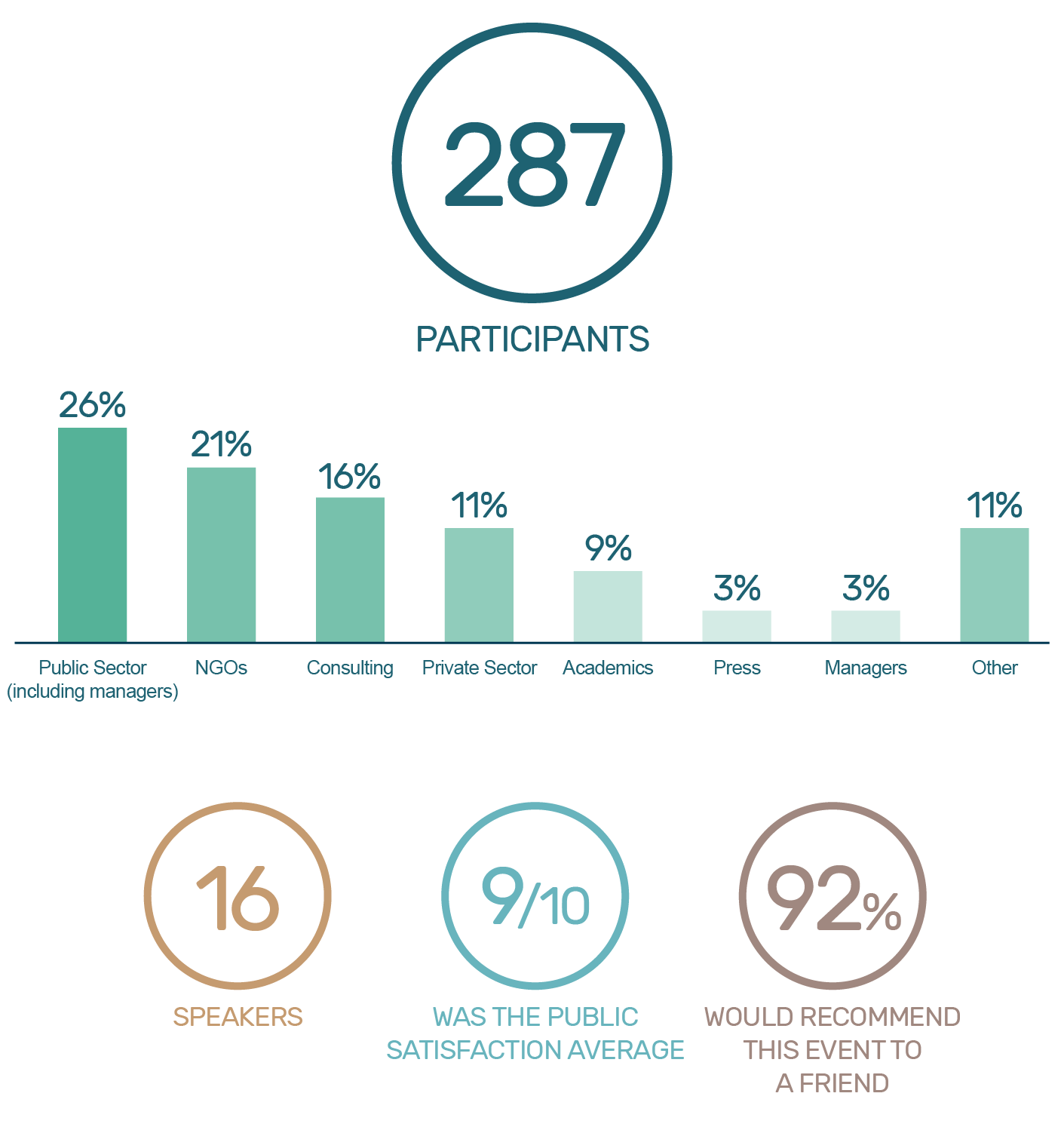
To engage with a cause is to take responsibilities in society, showing commitment to society's well‐being. We believe in the importance of creating knowledge sharing forums to encourage society to take ownership of parks and to rethink the models of park management in Brazil.
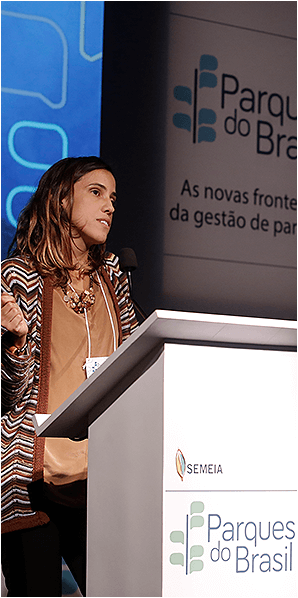
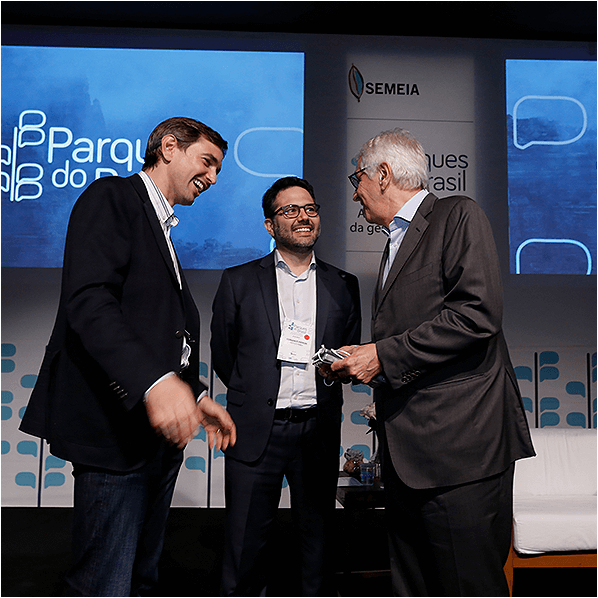
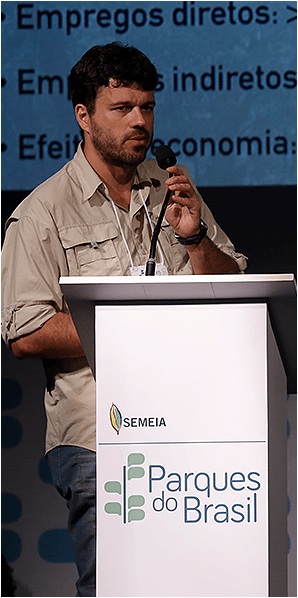
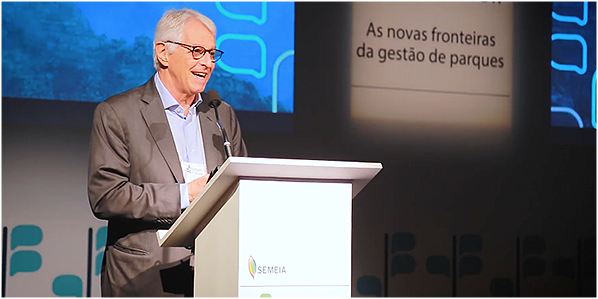
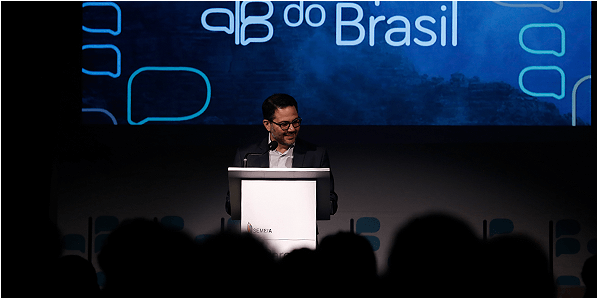
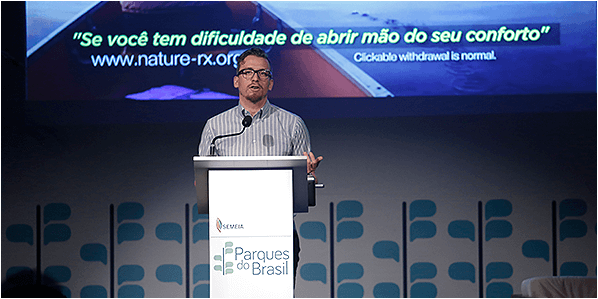
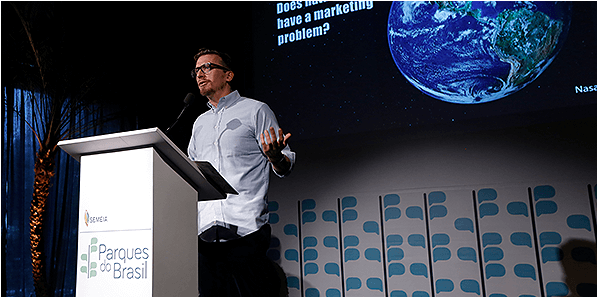
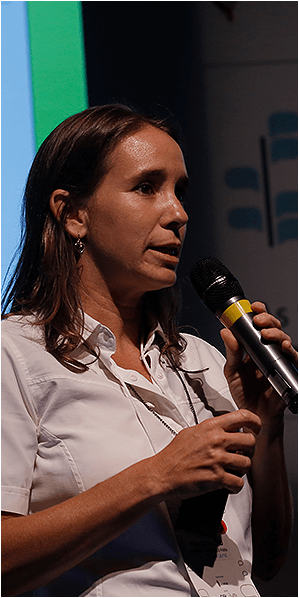
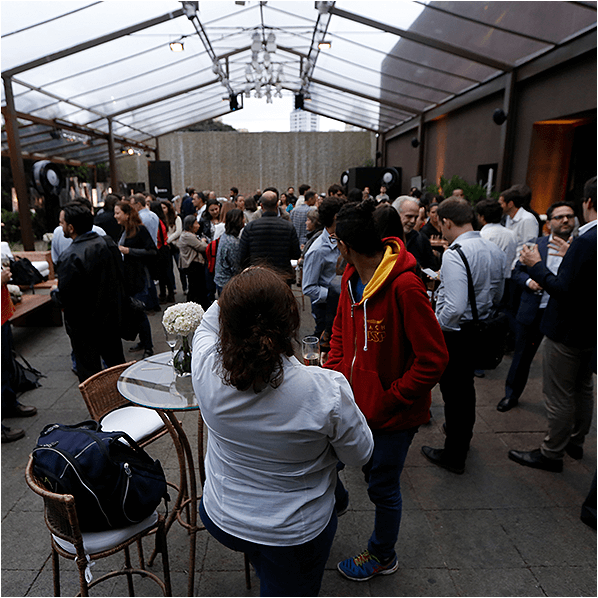
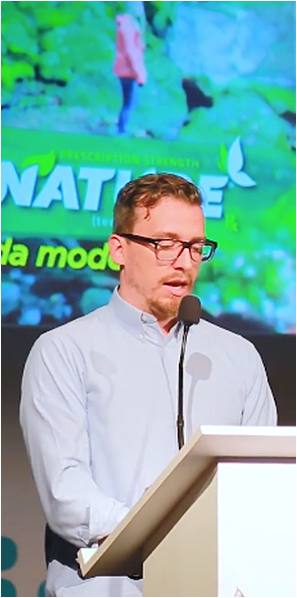
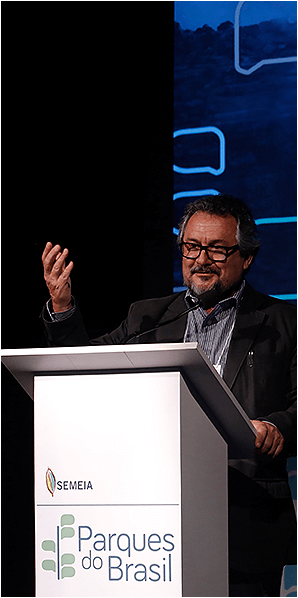
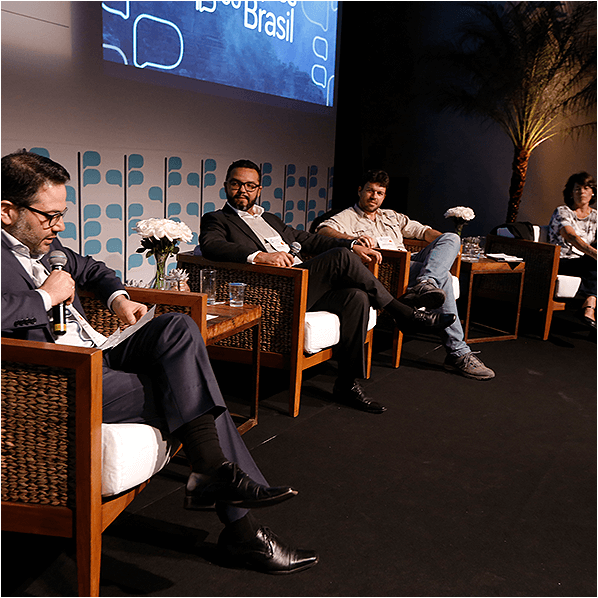
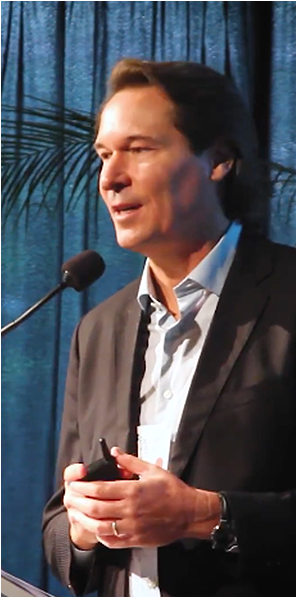
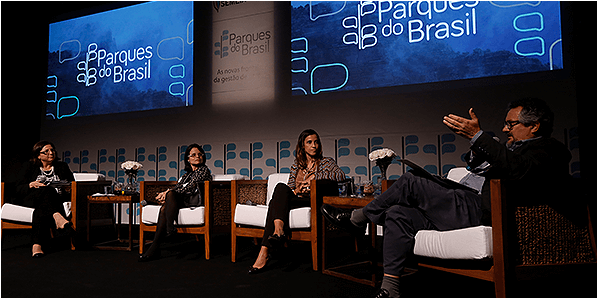
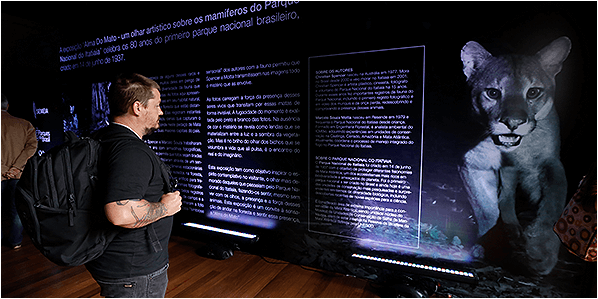

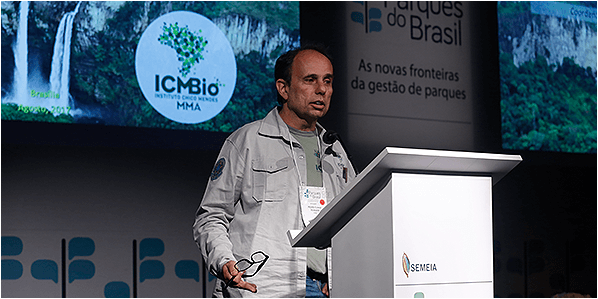
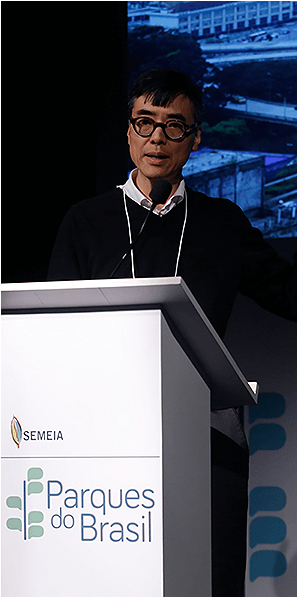
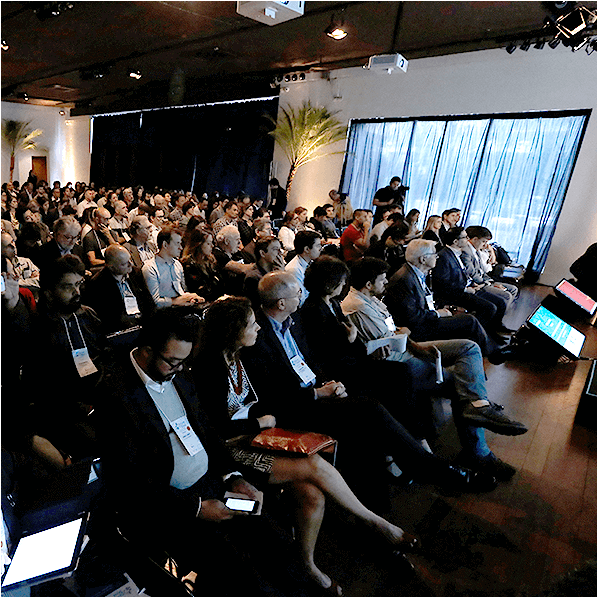
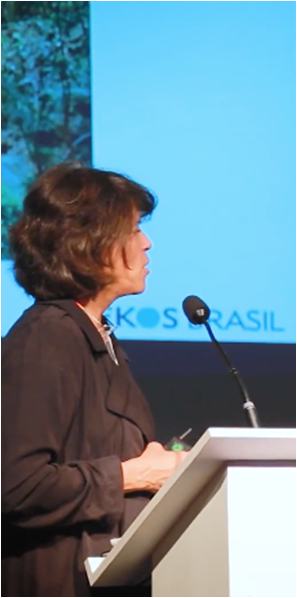
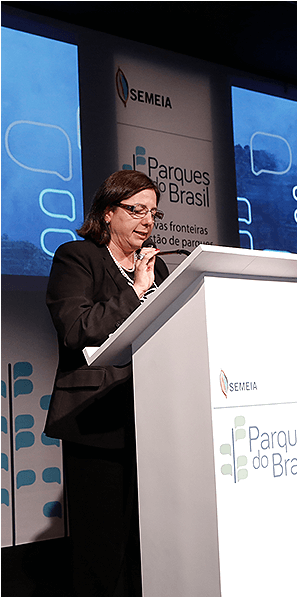
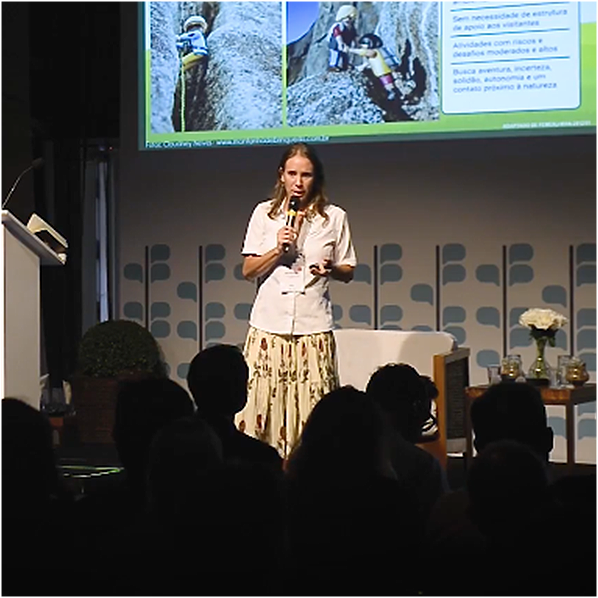
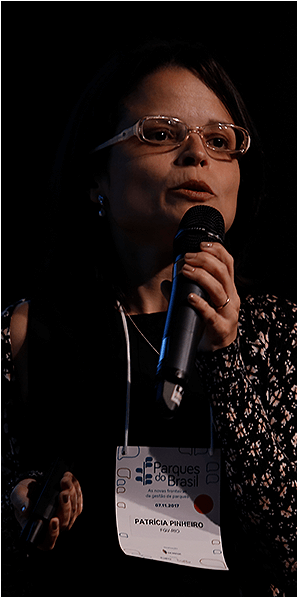

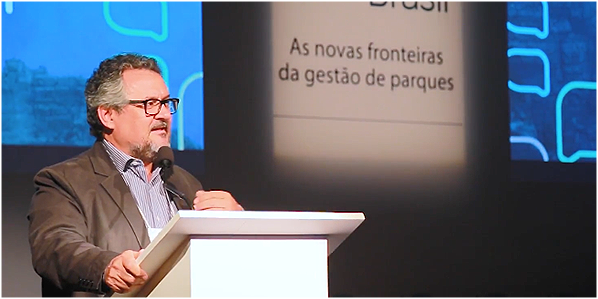
The fact that some cities like São Paulo seek to enter concession agreements with the private sector highlights the importance—often underestimated—of these resources for the quality of life in big cities. Most cities currently face or foresee the challenges they will face to secure the resources needed to properly care for their parks.
This is a scenario that requires new solutions for funding and managing these spaces. These solutions involve, among others, partnerships with the organized civil society and the corporate sector. The main topic discussed during the event was how to maintain the viability of these resources, ensuring park maintenance and free access, as well as improving the services offered to the community. The event was attended by Fernando Franco, director of URBEM; Gilberto Natalini, city councilor and former secretary of the Department of the Environment and Green Areas; Patrícia Sampaio, a professor at FGV Direito Rio and UNIRIO; Pedro Lira, a partner at Natureza Urbana (Urban Nature); Philip Yang, founder of URBEM; and Rafael Birmann, Chairman of the Board of the Aron Birmann Foundation.
Semeia has partnered with the Chico Mendes Institute for Biodiversity Conservation (ICMBio) to enable the celebration of the 80th anniversary of the first Brazilian National Park. We worked to raise funds and manage the project's resources, and to implement the proposed celebration activities. We also supported the preparation of information material, campaigns, and publicity material for the 80th anniversary.
The fact that influencers are now more aware of this agenda is reflected in the increased number of media inserts. And this is important because it increases the number of discussion forums and improves the quality of the discussions.

“Innovative public managers are heroes”

“Governments look for private management options for parks”

“There are several possible sources of revenue to make parks attractive for private companies”

“The new borders of park management”
Semeia believes in the power of networking to turn protected areas into a source of pride for all Brazilians. Therefore, we work in partnership with other organizations that are also looking for innovative ways to improve public services and transform park management in Brazil.

Technical cooperation agreement for the transfer of knowledge and methods on project selection and prioritization with the goal of contributing for better and more efficient use of public resources in the Mato Grosso State Government.

Development of the research project "Urban Park Management" with the goal of producing relevant knowledge for promoting good management of these spaces. Using case studies, the project looked for solutions and different ways to facilitate the management of these areas through partnerships with profit or nonprofit members of the private sector. The Burle Marx Park, People's Park and Lina e Paulo Raia Park are among the parks studied.
The intersectoral movement created to promote and booster diversified visitation in Brazilian natural parks. The movement seeks to encourage structural changes in how people understand, assess, plan and manage public use and visitation in our parks, supporting government initiatives in this direction.
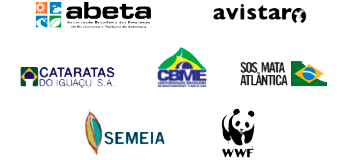

We have built a stronger partnership with the university that has been a partner of Semeia since our first year. We support the training of professionals working in conservation unit and public management, granting scholarships for the courses offered by this American University, recognized as a benchmark in protected area management. In 2017, Cristiano Araujo Borges, the Coordinator‐General of Tourism Products of the Ministry of Tourism, was granted a scholarship to participate in the International Mobile Seminar on Planning and Managing Tourism in Protected Areas.
In June 2017, we celebrated the 80th anniversary of the creation of the first Brazilian National Park, the Itatiaia Park. Aware of the importance of enhancing park appreciation among Brazilians, Semeia worked in collaboration with the Chico Mendes Institute (ICMBio‐ Instituto Chico Mendes) to implement the Itatiaia National Park 80th Anniversary Program. The cooperation included raising funds and managing the project's resources, implementing the proposed celebration activities, and supporting the preparation of information material, campaigns, and publicity material.

We believe the seeds we plant together bloom stronger. Therefore, we work alongside other institutions in the Coalition Pro‐UC aiming at the expansion and consolidation of a system of representative, effective and sustainable protected areas, with its values recognized by society and inserted in the country's development plans.
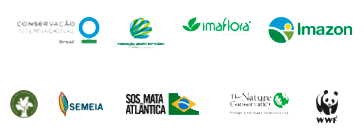
In 2017, we continued to streamline our operations and budget to make better use of Semeia's resources. We managed to reduce our costs by 19% as compared to 2016, and by 26% as compared to the average of previous years.
Pedro Luiz
Barreiros Passos
Guilherme
Ruggiero Passos
Fábio Tran
Lucilene
Silva Prado